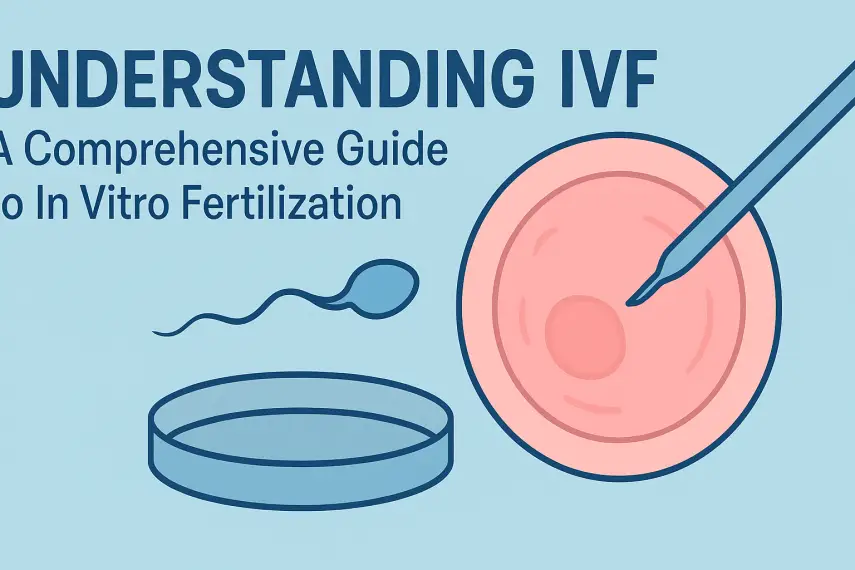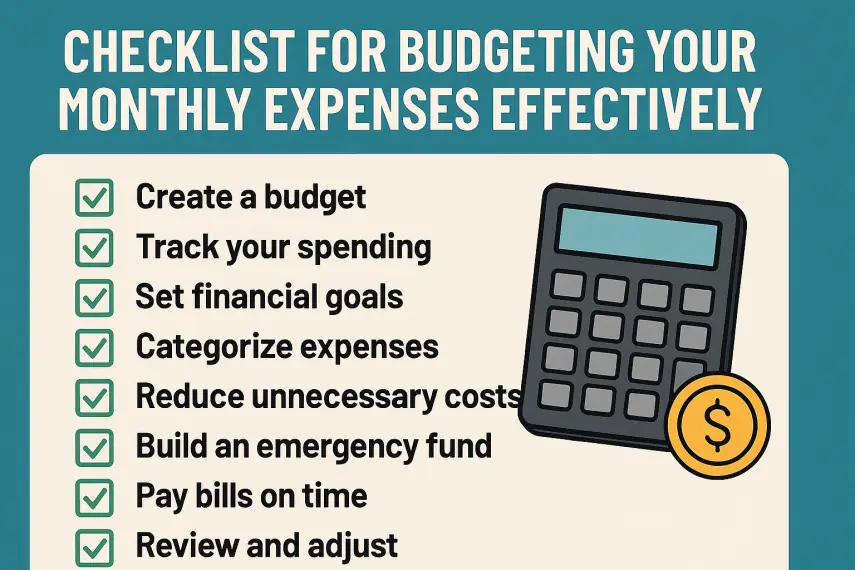
Complete Guide to a Healthy Pregnancy: Stages, Symptoms, and Care Tips
📑 Contents
Complete Guide to a Healthy Pregnancy: Stages, Symptoms, and Care Tips
Pregnancy is a remarkable journey that brings significant physical, emotional, and lifestyle changes. Whether you’re planning for a baby or already expecting, understanding the stages of pregnancy, common symptoms, essential care tips, and what to expect can help ensure a smoother, healthier experience for both mother and baby. This comprehensive guide covers all aspects of pregnancy, from conception to delivery, with practical advice and up-to-date information to support you every step of the way.
Understanding Pregnancy: The Basics

Pregnancy begins when a sperm fertilizes an egg, leading to the development of an embryo that implants in the uterus. The average pregnancy lasts about 40 weeks, counted from the first day of the last menstrual period (LMP). These weeks are divided into three trimesters, each marked by unique changes and milestones.
Pregnancy Timeline: Trimesters Explained
| Trimester | Weeks | Key Developments |
|---|---|---|
| First Trimester | Weeks 1–12 | Organ formation, heartbeat begins, risk of miscarriage highest |
| Second Trimester | Weeks 13–26 | Rapid growth, movement felt, gender can often be identified |
| Third Trimester | Weeks 27–40 | Weight gain, lung development, preparation for birth |
Early Signs and Symptoms of Pregnancy

Recognizing the early signs of pregnancy is crucial for timely prenatal care. While symptoms vary from woman to woman, common early indicators include:
- Missed period: Often the first and most obvious sign.
- Morning sickness: Nausea and vomiting, not always limited to mornings.
- Fatigue: Increased tiredness due to hormonal changes.
- Breast changes: Tenderness, swelling, or darkening of the areolas.
- Frequent urination: Due to hormonal shifts and increased blood flow.
- Food aversions or cravings: Changes in appetite or sensitivity to smells.
- Mood swings: Emotional ups and downs are common.
If you suspect you’re pregnant, taking a home pregnancy test and scheduling a visit with your healthcare provider is recommended.
Prenatal Care: Why It Matters

Prenatal care is essential for monitoring the health of both mother and baby. Regular check-ups help detect potential complications early and provide guidance on nutrition, exercise, and lifestyle. Key components of prenatal care include:
- Routine exams: Monitoring blood pressure, weight, and fetal growth.
- Ultrasound scans: Assessing fetal development and screening for abnormalities.
- Blood tests: Checking for anemia, infections, and blood type compatibility.
- Prenatal vitamins: Especially folic acid, iron, and calcium to support fetal growth.
- Vaccinations: Protecting against diseases like flu and whooping cough.
Most women have monthly visits during the first 28 weeks, biweekly visits until week 36, and weekly visits in the final month. High-risk pregnancies may require more frequent monitoring.
Stages of Fetal Development
Fetal development is a complex and miraculous process. Here’s a trimester-by-trimester overview of what’s happening inside the womb:
First Trimester (Weeks 1–12)
- Weeks 1–4: Fertilization, implantation, and formation of the placenta and amniotic sac.
- Weeks 5–8: Major organs and structures begin to form; heartbeat detected.
- Weeks 9–12: Facial features develop; arms and legs grow longer; vital organs continue to mature.
Second Trimester (Weeks 13–26)
- Fetus grows rapidly; movements become noticeable.
- Skin, hair, and nails develop.
- Sex of the baby can often be determined via ultrasound.
- Organs continue to mature, and bones harden.
Third Trimester (Weeks 27–40)
- Fetus gains weight and stores body fat.
- Lungs mature in preparation for breathing after birth.
- Baby moves into a head-down position for delivery.
- Final growth and brain development occur.
Common Pregnancy Symptoms and How to Manage Them
Pregnancy brings a variety of physical changes. Here’s how to cope with some of the most common discomforts:
- Morning sickness: Eat small, frequent meals, stay hydrated, and avoid triggers.
- Heartburn: Eat slowly, avoid spicy foods, and don’t lie down right after eating.
- Constipation: Increase fiber intake and drink plenty of water.
- Back pain: Practice good posture and perform gentle stretching or prenatal yoga.
- Swelling: Elevate your feet, wear comfortable shoes, and avoid standing for long periods.
- Fatigue: Rest when needed and prioritize sleep.
Always consult your healthcare provider before taking medications or herbal remedies during pregnancy.
Nutrition and Lifestyle Tips for a Healthy Pregnancy
What you eat and how you live directly impact your baby’s development. Follow these guidelines for a healthy pregnancy:
Nutrition Essentials
- Eat a balanced diet: Include vegetables, fruits, whole grains, lean proteins, and healthy fats.
- Take prenatal vitamins: Especially folic acid, which helps prevent neural tube defects.
- Stay hydrated: Aim for at least 8–10 glasses of water per day.
- Avoid risky foods: Steer clear of raw seafood, unpasteurized dairy, deli meats, and high-mercury fish.
Lifestyle Recommendations
- Exercise regularly: Engage in moderate activities like walking, swimming, or prenatal yoga, unless advised otherwise.
- Avoid alcohol, tobacco, and drugs: These substances increase the risk of birth defects and complications.
- Manage stress: Practice relaxation techniques and seek support when needed.
- Get adequate rest: Listen to your body and prioritize sleep.
Preparing for Labor and Delivery
As your due date approaches, preparation is key. Here’s what to consider:
- Attend childbirth classes: Learn about labor stages, pain management, and delivery options.
- Create a birth plan: Outline your preferences for labor, delivery, and postpartum care.
- Pack your hospital bag: Include essentials for yourself, your partner, and your baby.
- Know the signs of labor: Regular contractions, water breaking, and bloody show are indicators.
- Arrange for support: Decide who will accompany you during labor and delivery.
Discuss any concerns or special circumstances with your healthcare provider ahead of time.
FAQs About Pregnancy
1. When should I schedule my first prenatal appointment?
As soon as you suspect you’re pregnant or have a positive home pregnancy test, schedule your first visit. This typically occurs around 6–8 weeks of pregnancy.
2. Is it safe to exercise during pregnancy?
Yes, moderate exercise is generally safe and beneficial for most pregnant women. Consult your doctor before starting any new exercise routine, especially if you have a high-risk pregnancy.
3. What foods should I avoid during pregnancy?
Avoid raw or undercooked meats, unpasteurized dairy products, certain seafood (like high-mercury fish), and deli meats unless heated until steaming.
4. How much weight should I gain during pregnancy?
Weight gain recommendations vary based on your pre-pregnancy BMI. On average, a gain of 25–35 pounds is typical for women of normal weight. Your provider can give you personalized guidance.
5. When should I call my doctor?
Contact your healthcare provider if you experience severe abdominal pain, heavy bleeding, severe headaches, vision changes, or decreased fetal movement. These could indicate complications requiring immediate attention.
Summary
Pregnancy is a unique and transformative experience,











